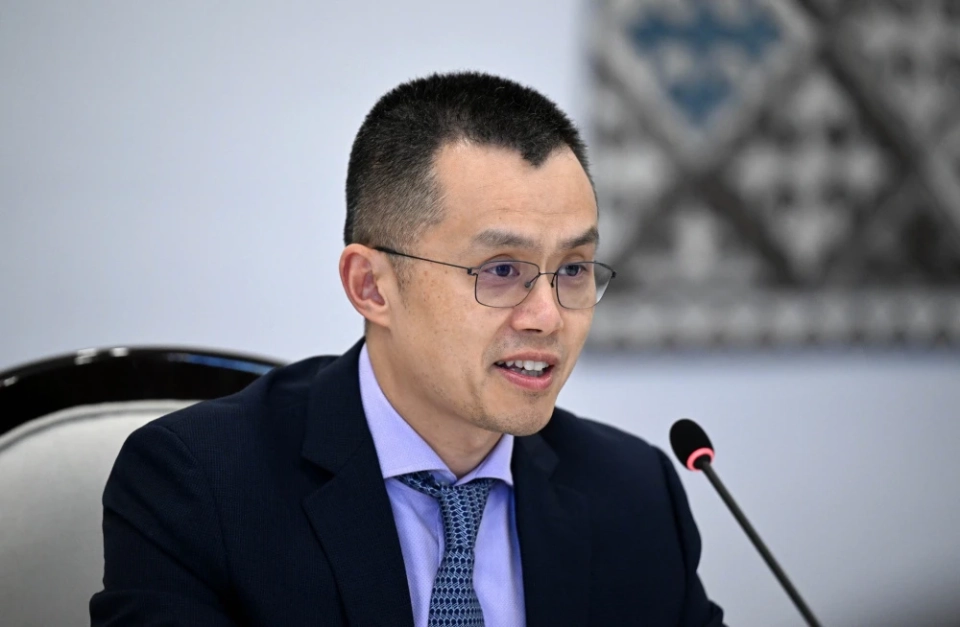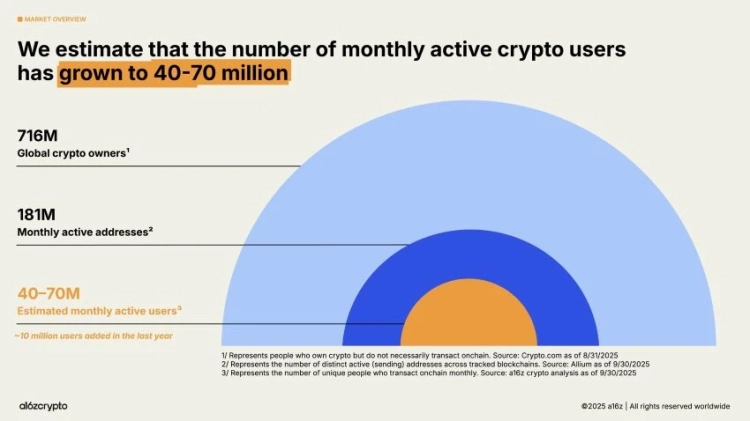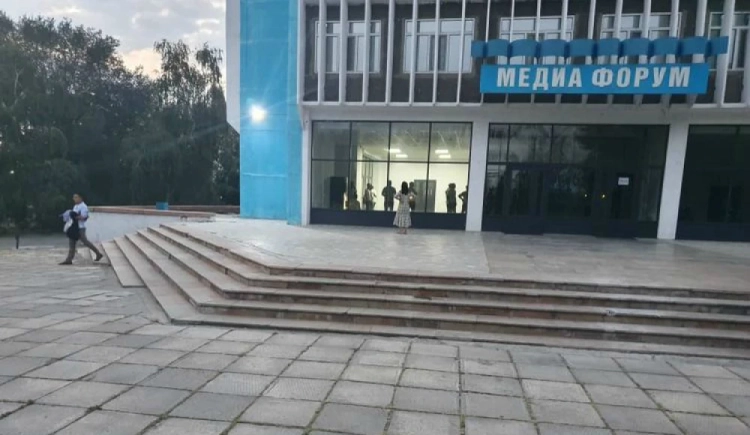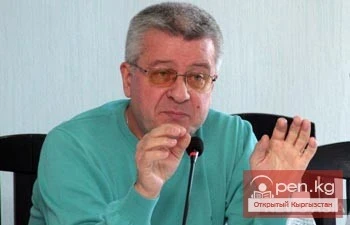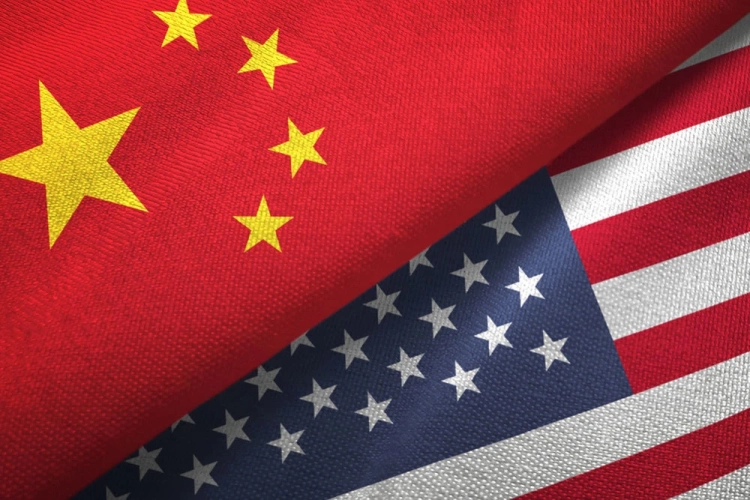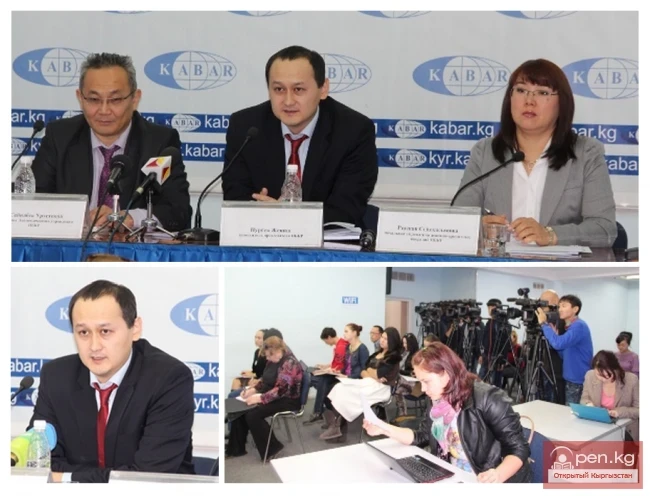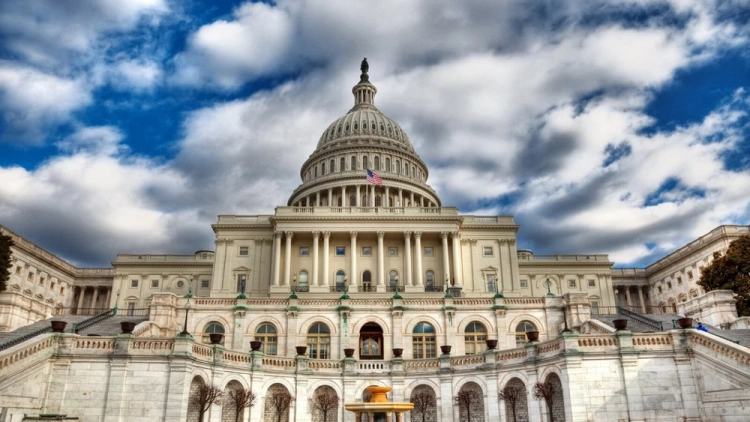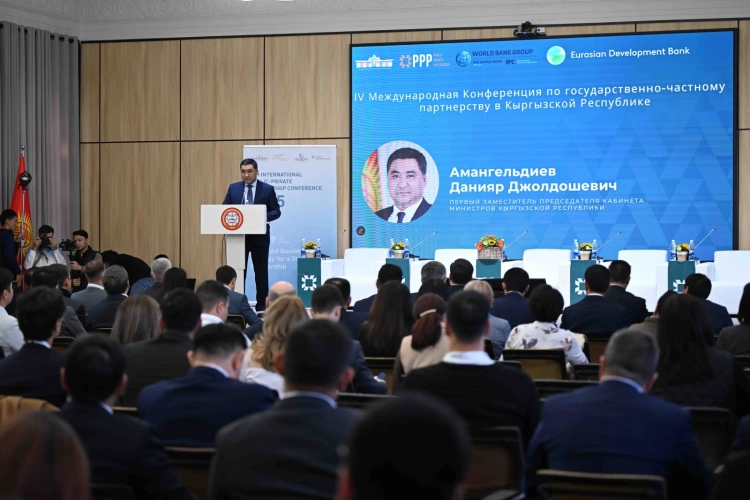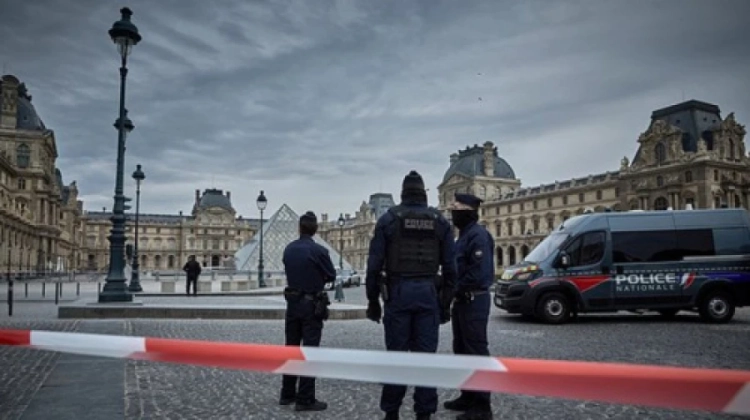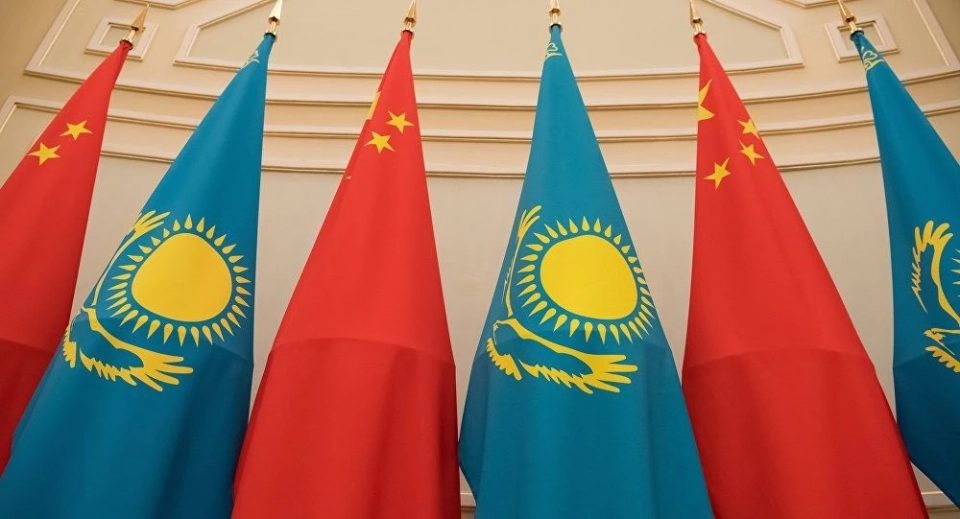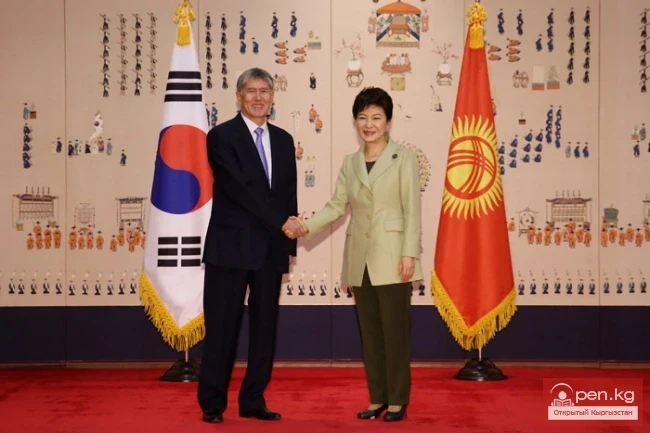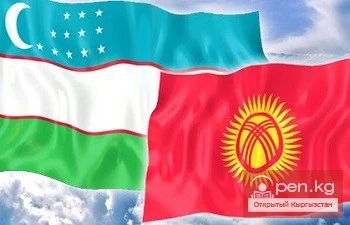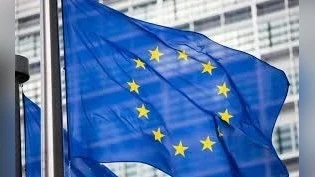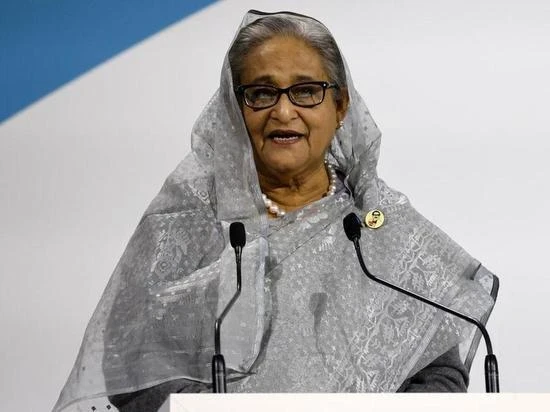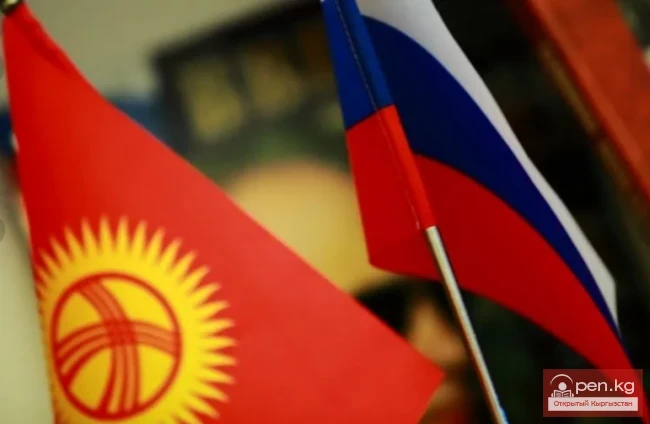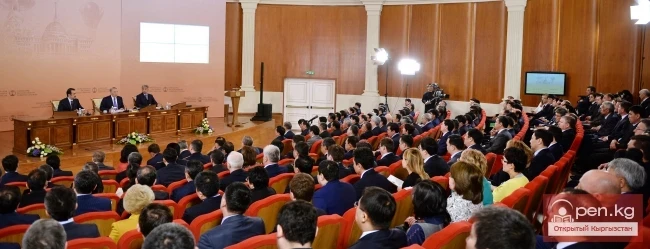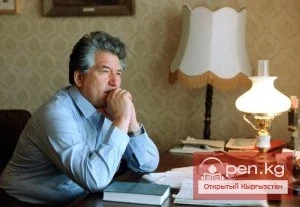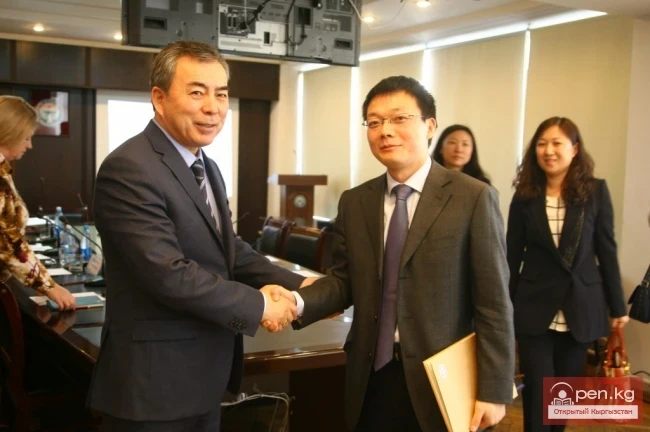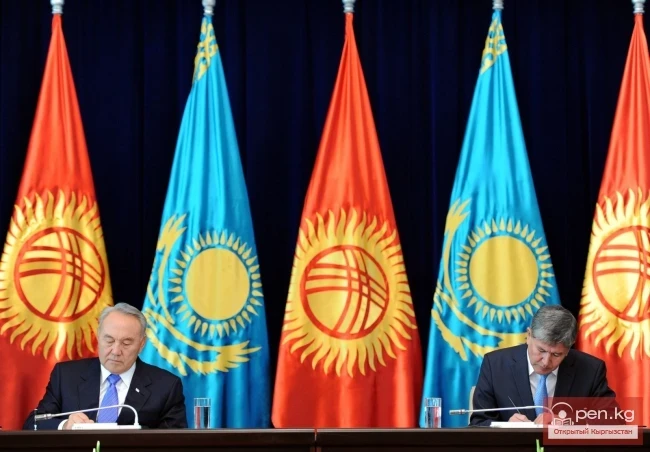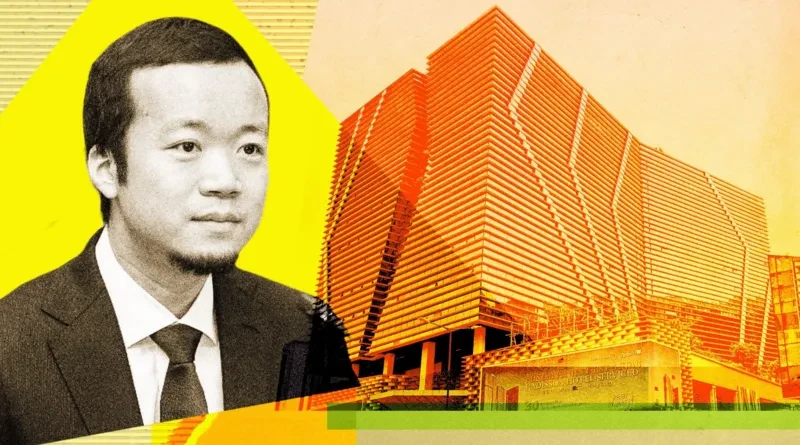
The accusations against Chen Zhi revolve around his role as the initiator of large-scale cyber fraud, which is based on the suffering of people, as claimed by the BBC.
With his youthful facial features and thin beard, he looks even younger. His rapid wealth raises questions.
Last week, the U.S. Department of Justice filed charges in a case involving fraudulent schemes in Cambodia, resulting in the theft of billions of dollars in cryptocurrency. The U.S. Department of the Treasury also confiscated bitcoins worth over $14 billion (approximately £10.5 billion), which are allegedly linked to his activities. This is the largest cryptocurrency seizure in history.
Chen Zhi's own company, Cambodian Prince Group, describes him as a "respected entrepreneur and renowned philanthropist," whose "leadership qualities and vision have helped transform Prince Group into a leading business structure in Cambodia that meets international standards." The BBC reached out to Prince Group for comments.
What is known about this enigmatic Chen Zhi, who is presumed to be at the helm of a fraudulent empire?
Astonishing Success
Chen Zhi grew up in Fujian Province, in southeastern China. He started with a small, not very successful internet gaming business and then moved to Cambodia in late 2010 or early 2011, where he became part of the booming real estate sector.
His move coincided with the beginning of a speculative boom in the real estate market, driven by the availability of large plots of land confiscated from locals and an influx of Chinese investment.
Some of this investment was linked to Xi Jinping's "Belt and Road Initiative," while another part came from Chinese investors seeking alternatives to the overheated real estate market in China. The number of Chinese tourists visiting Cambodia also significantly increased.
Phnom Penh, the capital of Cambodia, underwent significant changes. The city, known for its low French colonial buildings, is being filled with tall glass and steel structures.
The transformation of Sihanoukville, once a quiet resort, was even more dramatic. Not only did Chinese tourists and speculators arrive, but also gamblers, as gambling is prohibited in China.
New casinos, luxury hotels, and residential complexes began to open, making it possible to earn huge profits.
Nevertheless, Chen Zhi's path was particularly impressive.
In 2014, he became a Cambodian citizen, renouncing his Chinese citizenship, which allowed him to acquire land in his name with minimal costs or donations to the government of $250,000.
It is unclear where his funds came from. In 2019, when he applied to open a bank account on the Isle of Man, he claimed that his uncle, who remains unknown, allegedly gifted him $2 million to start his first company in 2011, but no evidence of this information was provided.
Chen Zhi founded Prince Group in 2015 when he was only 27 years old, focusing on real estate.
In 2018, he obtained a commercial banking license and opened Prince Bank. That same year, he also received a Cypriot passport by making a minimal investment of $2.5 million, which simplified his access to the European Union. Later, he also acquired Vanuatu citizenship.
Chen Zhi founded Cambodia's third airline and received a license to operate a fourth in 2020. In Phnom Penh, he built luxury shopping malls, five-star hotels in Sihanoukville, and launched an ambitious $16 billion project called "Bay of Lights."
In 2020, he received a high honor from the King of Cambodia—the title of "Nik Okhna," awarded for donations to the government of at least $500,000.
Since 2017, he has served as an official advisor to the Minister of Interior Sar Kheng and became a business partner of his son Sar Sokha, and later also became an advisor to Prime Minister Hun Sen and his son Hun Manet when he became the successor in 2023.
In local media, Chen Zhi is often described as a philanthropist who donated scholarships for students and helped the country in its fight against the COVID-19 pandemic.
However, he remained a mysterious figure, avoiding publicity and making few statements.
“Everyone who has worked with or encountered him describes him as a polite and balanced person,” says Jack Adamovich Davis, who conducted a three-year investigation into Chen Zhi, published by Radio Free Asia last year.
“It was wise not to attract attention. Even those who no longer want to associate with him still note his quiet charisma and weight.”
But where did he get such wealth and influence?
A List of Transnational Crimes
In 2019, the real estate market in Sihanoukville collapsed. Online gambling attracted the attention of Chinese criminal syndicates, leading to a brutal struggle for influence. Tourists began to leave the city.
At the initiative of then-Prime Minister Hun Sen, online gambling was banned in August of that year. After that, about 450,000 Chinese citizens left the city, leading to a reduction in Prince Group's residential complexes.
Nevertheless, Chen Zhi continued to expand his business interests and spent generously.
According to British authorities, in 2019 he purchased a mansion for £12 million in North London and an office building for £95 million in the city's financial district. In the U.S., it is claimed that he and his associates acquired real estate in New York, private jets, superyachts, and even paintings by Picasso.
British and American authorities allege that Chen Zhi's wealth arose from internet fraud, as well as associated crimes such as human trafficking and money laundering.
The U.S. and the U.K. imposed sanctions on 128 companies linked to Chen Zhi and Prince Group, as well as on 17 individuals from seven countries believed to have helped manage his fraudulent network. Assets linked to him have been frozen in both countries.
The sanctions announcement describes a complex network of shell companies and cryptocurrency wallets through which funds were moved to conceal them.
The document states: “The transnational criminal organization Prince Group profits from numerous crimes, including sexual extortion, money laundering, various types of fraud, racketeering, corruption, illegal online gambling, and large-scale human trafficking.”
The Fraud Empire
China has also been conducting a secret investigation into Prince Group since at least 2020. The company has been repeatedly accused of organizing internet fraud schemes.
The Beijing Municipal Public Security Bureau created a special team to investigate the activities of Prince Group, which represents a major transnational online gambling syndicate based in Cambodia.
According to statements from the U.S. and the U.K., the foundation of this network includes projects such as the Golden Fortune Science and Technology Park, built by Prince Group in Chrey Thum, near the border with Vietnam.
Previously, Prince Group denied any connection to fraud and claimed that it no longer had ties to Golden Fortune; however, investigations by the U.S. and the U.K. show that a connection still exists.
During his investigation, Jack Adamovich Davis interviewed people living and working near the Golden Fortune complex. They reported brutal beatings, mainly of Chinese, Vietnamese, and Malaysian citizens, who were trying to escape from the center where they were forced to engage in online fraud.
“The scale of his activities is truly staggering,” he says, adding that it is surprising how Prince Group managed to create a “global presence” without attracting attention, despite the serious criminal charges it now faces.
“Many should be concerned that Chen Zhi could not have acquired all these assets in Singapore, London, or the U.S. Lawyers, accountants, and bankers should have noticed that something was wrong with this group, but they did not.”
Today, following the imposition of U.S. and U.K. sanctions, companies are beginning to distance themselves from Prince Group.
The Central Bank of Cambodia was forced to reassure depositors that they would be able to withdraw their funds from Prince Bank. Authorities in South Korea froze deposits totaling $64 million in Korean banks.
The governments of Singapore and Thailand have promised to investigate Prince’s subsidiaries in their countries. Of the 18 individuals pursued by the U.S. and the U.K., three are citizens of Singapore.
The Cambodian government has not yet made any comments, although it has called on the U.S. and the U.K. to ensure that there is sufficient evidence to support their accusations.
Nevertheless, the ruling elite in Cambodia is struggling to distance itself from Chen Zhi, despite their closeness. The country is already facing growing pressure due to its tolerance of fraudulent schemes, which reportedly account for about half of the economy.
And what about Chen Zhi himself?
Since the sanctions were imposed last week, he has not appeared in public. This mysterious magnate, once one of the most influential people in Cambodia, seems to have vanished without a trace.
